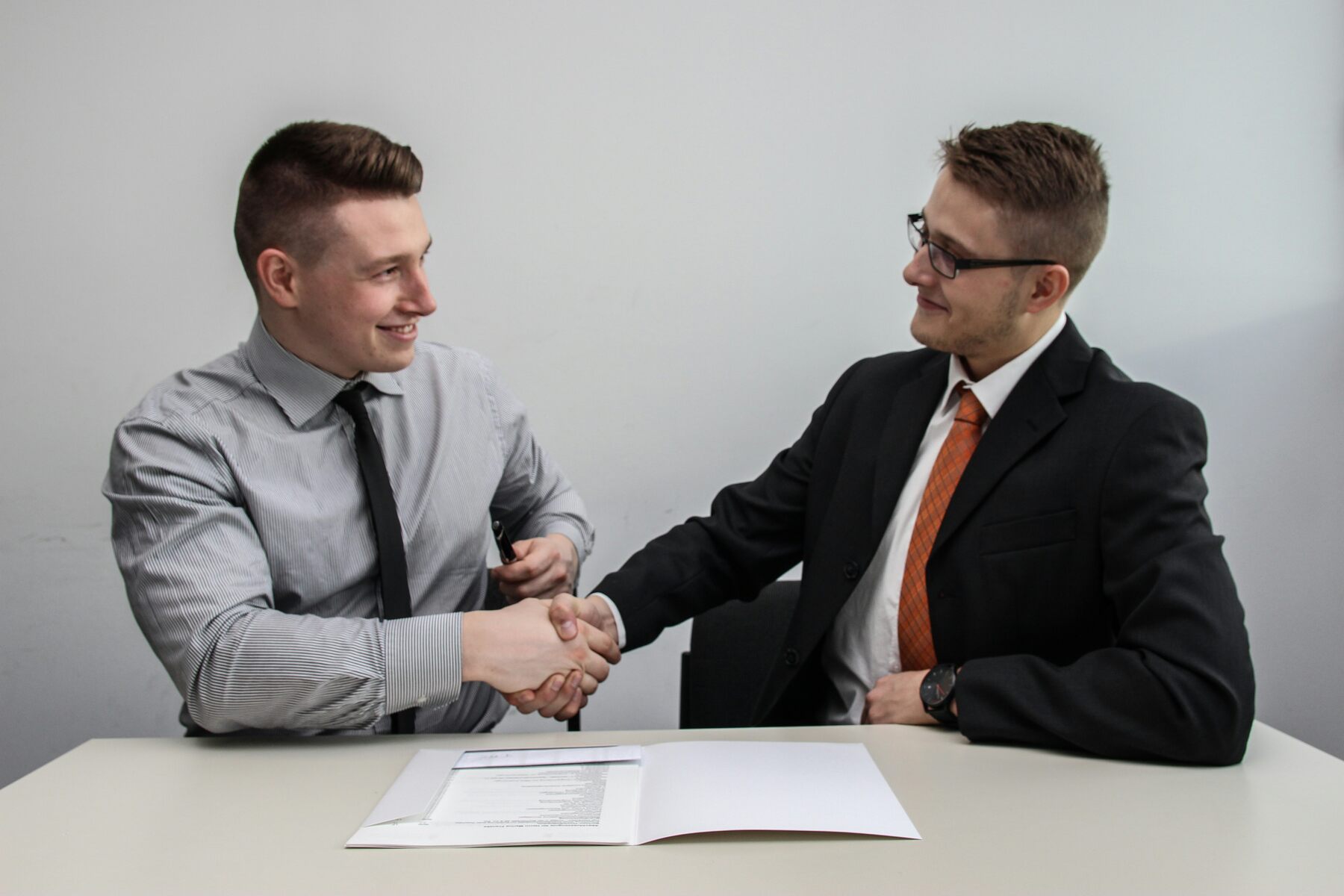For those who are patient, compassionate and enthusiastic about helping others, a counseling degree could be the start of a satisfying new career in community and social service. High school students who possess these qualities may already have an idea that counseling is the perfect occupation for them. Long before they earn their diploma, these students can research the different fields of counseling they could pursue, choose college prep courses to finish out their high school education and gain work experience as a volunteer.
Discover the Different Areas of Counseling
Counseling is a process in which a trained professional acts as an objective, non-judgmental listener who works with an individual, family or group. A counselor helps clients make sense of emotions, see alternatives to problematic life events and manage symptoms of mental and emotional disorders, like anxiety and depression.
There are different kinds of counseling and work environments for counselors. Mental health counseling is a broad field that can be narrowed down by client population, mental or emotional health issue and type of problem. For example, a mental health counselor may choose to specialize in working with children, couples or elderly clients, according to the United States Bureau of Labor Statistics (BLS). They may specialize in helping clients who have been through a trauma, or who are struggling to deal with the grief that normally follows a loss, or with those who have chronic issues with depression or anxiety.
Substance abuse counselors, or addiction counselors, work with individuals who have problems with the use of drugs or alcohol or with unhealthy behaviors such as compulsive gambling. Behavioral disorder counselors serve similar roles, working with clients with obsessive-compulsive and similar behaviors as well as those who have a substance abuse disorder.
School counselor is one additional type of counselor that works in schools, helping children and adolescents. Another type of counselor is rehabilitative counselor. This kind of counselor works with patients who live with disabilities. With a doctoral education in psychology, you could become a counseling psychologist. Marriage and family therapy, which involves the counseling of couples or whole family units, is another type of counseling.
Because there are so many kinds of counseling, high school students have a lot of decisions to make. What type of work most interests you? What major do you prefer to pursue? Although the BLS reports that some counseling roles are available to candidates with just a bachelor’s degree, many jobs in counseling require a master’s degree.
Undergraduate degree paths for aspiring counselors include behavioral health counseling, clinical mental health counseling, substance abuse counseling, pre-counseling psychology, psychology with a mental health concentration and psychology and addiction counseling.
Take College Preparatory Courses
No matter which major in counseling, psychology or social work you choose, you will need a minimum of a bachelor’s degree, and very likely, a master’s degree. Completing a college preparatory curriculum during high school will equip you with the skills you need to succeed in college-level coursework.
Studies in laboratory sciences and statistics are particularly valuable in understanding the scientific methods and statistical analysis techniques used in psychological research. Courses in English, literature, composition and public speaking can help you develop strong communication skills that will help you excel first in your education and then in your counseling career. Taking your first psychology and sociology courses in high school will equip you with an introductory understanding of individual and group thought processes and behaviors.
If you take an advanced placement (AP) psychology course during high school and earn a high passing score on the AP exam, you may be able to gain college credit early and skip taking elementary or introductory psychology when you get to college.
Become a Peer Counselor or Volunteer at a Mental Health Facility
You can begin helping people long before you complete your counseling education – or even your high school diploma. Students who are drawn to counseling as a career path want to interact with and improve the lives of others. You can start helping – not to mention, developing your own interpersonal communication skills – right now by volunteering as a peer counselor or at a mental health clinic or organization. As a volunteer, you will receive valuable training in how to recognize symptoms of mental health disorders, trouble adapting to life events and plans to harm oneself or others. You can see how you really feel about the challenging work of counseling and cultivate qualities, like patience and compassion, that will make you a good counselor.
If you are looking for volunteer opportunities, talk to school counselors to find out if your high school has a peer counseling program or reach out to mental health clinics and organizations to find out what opportunities there are.
Related Resources
What Can I Do With a Degree in Counseling?


